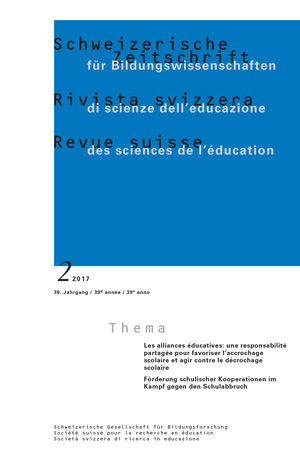The interplay between maths achievement, student motivation and learning emotions in secondary school – a comparison of students with and without an immigration background in Switzerland
DOI:
https://doi.org/10.24452/sjer.39.2.5016Keywords:
Self-determination-Theory, Control-Value-Theory, Immigration background, motivation, emotions, self-concept, mathematicsAbstract
Based on the finding that students with an immigrant background in Switzerland reach considerably lower levels of math achievement than their peers without an immigrant background, the following study examines whether these differences are reflected in their emotional and motivational characteristics. In addition, on the basis of the control-value theory, we explore the relationship between these constructs and their link to math achievement. The results (N = 415 seventh grade basic level students) confirm the lower test score achievement of students with an immigration background, with simultaneous higher self-determined motivation and higher anxiety. High achievement is related to a high academic self-concept in math, which again explains a positive emotional pattern (high joy, low anxiety) and self-determined motivation.
Downloads
Downloads
Published
Issue
Section
License
Copyright (c) 2017 Claudia C. Brandenberger, Gerda Hagenauer, Tina Hascher

This work is licensed under a Creative Commons Attribution 4.0 International License.



